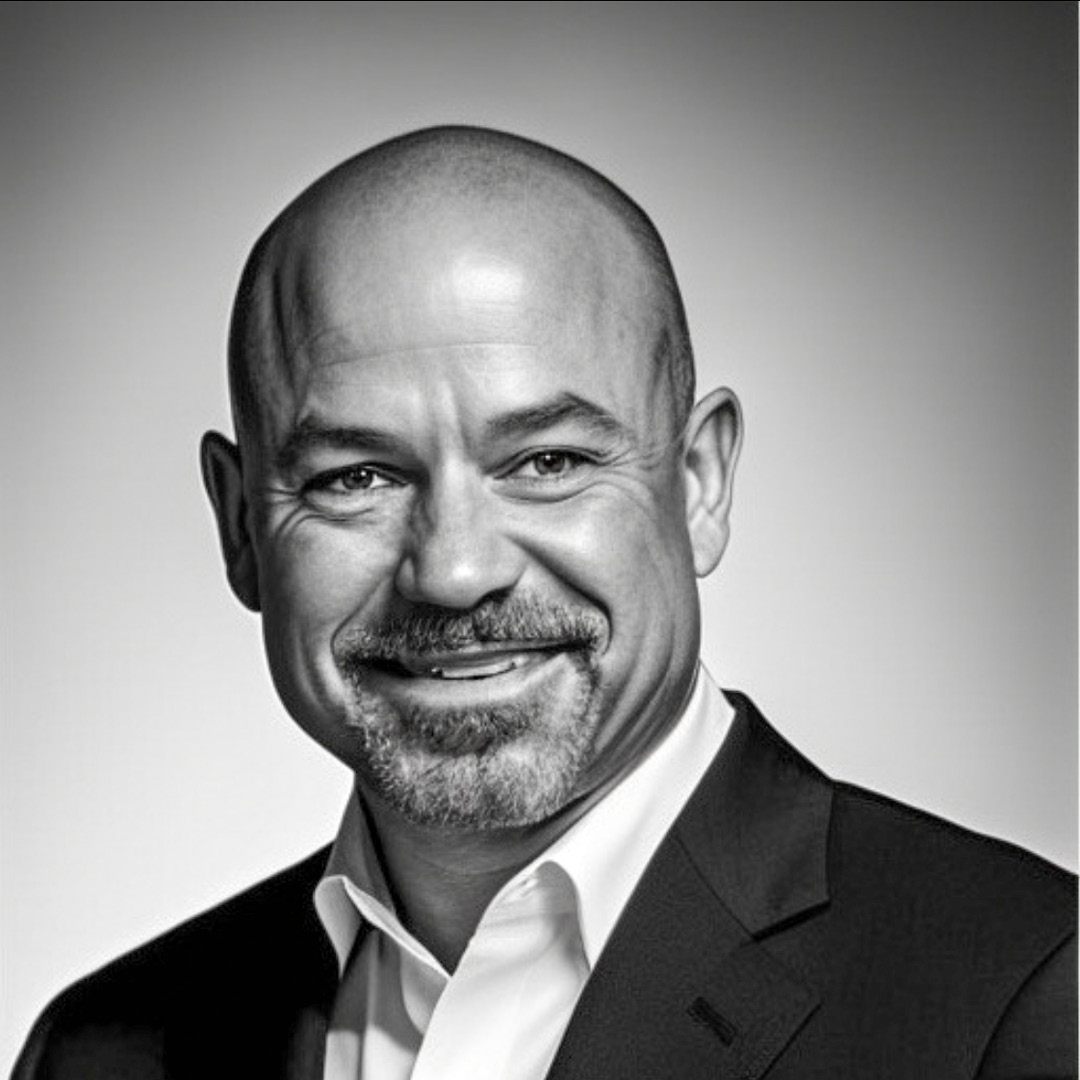
Describe your current role at your company.
I am overall responsible for the day-to-day operations of our institution. I ensure our training is safe and follows industry regulatory requirements according to national and state policies. Additional [roles and responsibilities] include innovation to ensure that Southeast Propane Alliance Technical Education Center (SEPATEC) creates training opportunities as requested by our stakeholders and industry members; facilities manager; safety compliance manager; school certifying official for the Department of Veterans Affairs education; and workforce development for students new to the propane industry.
What was the genesis for NCTEC and now SEPATEC?
The former North Carolina Propane Gas Association saw fitting to be at the forefront of the propane industry by developing the first institution dedicated to professionally educating, training and certifying new and current industry members to work in a wide array of positions in the industry. In 2021, the North Carolina Technical Education Center (NCTEC) became a North Carolina licensed community college and the only institution in the United States with a complete propane curriculum. Creating a state-of-the-art training facility in Graham, North Carolina, was solely intended to effectively train individuals to professionally execute their duties in a safe manner and prevent accidents. In January 2022, the North Carolina, South Carolina and Georgia Propane Gas Associations merged, forming the Southeast Propane Alliance (SEPA), and it was fitting to change the [training center] name to SEPATEC.
What are your main objectives in leading SEPATEC?
Key to being a successful propane institution is understanding and constantly adapting to code and regulatory changes, [the] latest propane technology, and innovation, including frequently meeting with industry members to determine employee training needs and requirements. Our curriculum today is not the same as when we began instructing in April 2021. My staff and I continue to study our curriculum, regulatory changes [to better] understand what our members require and as a result our curriculum and programs evolve to meet our industry’s training needs. We have developed various programs to help any and every type of industry need from safety/technical training and delivery driver training to refresher training and entry-level driver training.
Is there an inspiring student story the industry should hear?
One of the great aspects of my duties is workforce development. There is nothing I do that is more inspiring than when I contact a marketer and hear excitement in their voice when I share that we have their next highly trained employee ready to begin a career in propane. Even more satisfying is coaching students and preparing them to meet the employer. I get to mentor and prepare the students through every part of the interview process. Workforce development is key to SEPATEC in order to help our industry grow.
Who or what inspired you to pursue your current career?
After serving 30 years on active duty in the U.S. Army, I wanted to serve in a role where I can help people and an organization grow. I never worked in propane, but when I was contacted about leading a new institution and helping it grow, I knew that with my professional military training and experience, I could quickly adapt and help our school and industry grow. It has been extremely challenging, but working closely with my supervisor, board members, instructors and industry members have helped us to understand our mission and how we need to remain adaptable and innovative for the future of propane.
What advice do you have for someone new to the industry?
Propane is like any other successful industry — [it has a] bright future and companies that truly care about their employees and customers. One of the best quotes I’ve ever heard comes from one of our SEPA companies: “If you want to take care of your customers, take better care of your employees.” This statement could not be any closer to the truth about our industry and the members I get to interact with.
What’s the toughest decision you’ve made in your current role?
Leading is challenging, and sometimes leaders must make tough decisions for the better health and welfare of the organization and, in this case, our industry. The toughest decision I had to make was dismissing a former student for lack of accountability, attentiveness in the classroom and being disruptive. When making this decision, I had to ask myself if this is someone that we want to work in propane. If the student was carrying on in this manner during training, I knew that he would just be an accident waiting to happen in the field.
What do you think is the key to professional success?
Work hard, keep a positive attitude, have fun and never, ever, give up. Life is not designed to be easy, yet, so many people today give up at the first sign of a challenge, struggle, setback or failure. During these times, it takes putting a smile of your face, looking at the positive side of the struggle or challenge, adapting and reengaging. Never, ever give up, because when a person accepts failure or defeat, they have just now set a new standard.
What are some of your hobbies outside of work?
I thoroughly enjoy physical fitness, eating healthy and keeping myself mentally and physically fit. I have a love and passion for the great outdoors and depending on the season, I will find myself cycling, hiking, hunting or scuba diving.
What did you want to do for a living when you were a child?
In high school, I enjoyed shop (industrial) classes such as woodworking, welding and drafting, so I felt that I would seek a career in an industry where I could apply these types of skills. However, after graduating high school, I took a different direction and took a leap of faith and enlisted in the military service. As a young soldier, my leaders had a positive impact in my life and influenced me to make serving in the army a career and an accomplishment that I will be proud of for the rest of my life.
What do you do to relax and unwind after a day or work?
Now, this may be what I struggle with the most because I find little time to relax and wind down. Even after a hard day’s work, I stay very active with my family and working on small projects around my home. It’s not until I force myself to take a vacation that I take time to unwind, but even then, I stay active. It’s hard to break a 30-year habit of staying active and prepared to serve our country’s call … but I try.


